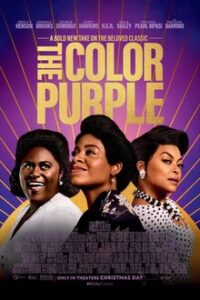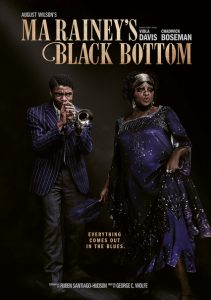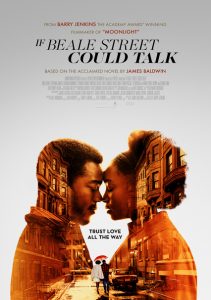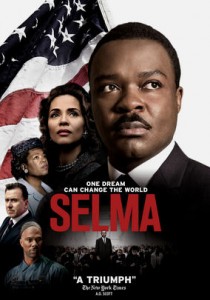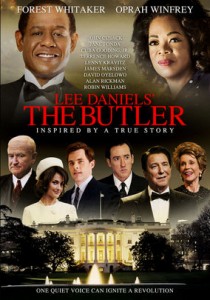Sing Sing-2024
Director Greg Kwedar
Starring Colman Domingo, Clarence Macrin
Scott’s Review #1,477
Reviewed April 22, 2025
Grade: B+
Based on the real-life Rehabilitation Through the Arts program at Sing Sing Maximum Security Prison in suburban New York, the film Sing Sing (2024) centers on a group of incarcerated men involved in creating theatrical stage shows through the program.
Inspiring, it successfully paints a positive picture of prison life instead of the tried-and-true prison dramas released over the years. The grit and violence are kept to a minimum, with rich character nuances added in their place.
If theater and prison sound like an unlikely pairing, the film works surprisingly well and provides a few emotional moments while just barely avoiding being labeled as wimpy.
Divine G, played by Colman Domingo, is imprisoned at Sing Sing for a crime he didn’t commit. He finds purpose by acting in a theatre group alongside other incarcerated men, including a wary newcomer named Clarence Maclin (self-portrayed).
While Domingo is the standout from an acting lens, the most impressive aspect of the film is the use of not only non-actors but an unforgettable ensemble cast of formerly incarcerated actors.
This provides authenticity and realism to a film that also feels watered down and safe.
Sure, it’s based on real-life events, and the results are uplifting, with teachable moments of resilience showcased, but it’s not exactly edgy material either.
Divine G is a character with humanity and kindness, and this is the message director Greg Kwedar wants to instill in the audience. He doesn’t go for knife fights, drug cartels, or anything overly conflicting other than the theater moments.
In only one scene, when Divine Eye threatens another prisoner with payback if the owed money is not paid, it feels thrown in as a way to remind the audience that the characters are tough guys.
Otherwise, the theater is the main attraction. And this is fine with me.
Nuggets of Shakespearean knowledge are shared with the prisoners and subsequently with the audience. The theater fellows debate Hamlet and the idiosyncrasies of owning a scene, and compelling the audience to believe in what a character is saying are featured.
Domingo is excellent in the role, receiving his second Best Actor nomination but coming up empty-handed. The delicate nature of the film may have a lot to do with this, and I yearned for more grit from this fine actor.
He is getting roles that Denzel Washington would have gotten ten or fifteen years ago.
His best scene comes when he breaks down in anger at his false imprisonment. Angry yet contained, he powerfully reveals how a wrongly accused man can reach his breaking point.
In satisfying form, the film closes with real-life footage from the RTA program at Sing Sing, featuring the real actors who portrayed themselves in the film, performing in past productions when they were still inmates at the facility.
A lovely reunion between rivals Divine G and Diving Eye wraps up Sing Sing (2024) like a perfect little bow.
Refreshingly different from many prison films, I still wanted more muscle from this otherwise pleasant film.
Oscar Nominations: Best Actor- Colman Domingo, Best Adapted Screenplay, Best Original Song-“Like a Bird”
Independent Spirit Award Nominations: Best Feature, Best Lead Performance- Colman Domingo, Best Supporting Performance- Clarence Maclin

